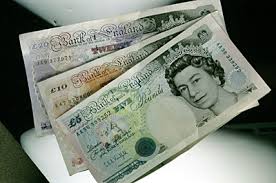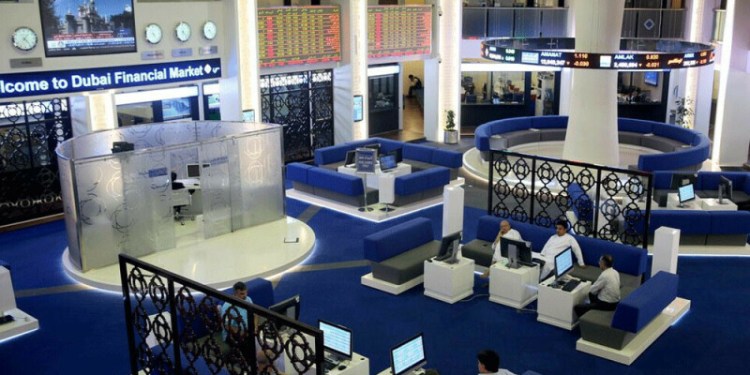Thursday, 08 October 2015 20:35
 LONDON: Sterling retreated from a two-week high against the dollar after minutes on Thursday from a meeting of the Bank of England’s rate-setting committee suggested policymakers were in no hurry to raise interest rates.
LONDON: Sterling retreated from a two-week high against the dollar after minutes on Thursday from a meeting of the Bank of England’s rate-setting committee suggested policymakers were in no hurry to raise interest rates.
The nine-member Monetary Policy Committee voted 8-1 to keep rates at a record-low 0.5 percent month, as expected, and most saw a relatively soft outlook for inflation.
That dashed expectations amongst some investors who hoped the BoE would send a message it was not comfortable with their pricing on when rates would start to rise. Investors are currently factoring in the chance of the first rate hike in the last quarter of 2016.
“The minutes took a dovish tone, giving the impression that renewed concerns were on the table for inflation forecasts,” said Alex Lydall, senior currency trader at Foenix Partners, a firm which offers hedging solutions to UK companies.
Sterling fell to $ 1.5270, down 0.3 percent on the day having traded at $ 1.5345 beforehand and down from a two-week high of $ 1.5373 hit earlier in the day. The euro traded 0.5 percent higher at 73.71 pence, having dealt at 73.605 before the minutes were released.
Sterling has been underpinned for most of this year by expectations the BoE was likely to follow the Federal Reserve in raising rates, but that view has been challenged given a global slowdown.
The minutes showed that while policymakers were relaxed about overseas developments, some thought the outlook for Britain was a bit weaker than in the BoE’s last set of quarterly forecasts in August.
Earlier this week, the International Monetary Fund cut its global growth forecasts for a second time this year on Tuesday, citing weak commodity prices and a slowdown in China. It also trimmed growth prospects for Britain, and expects the economy to grow at 2.5 percent in 2015 and 2.2 percent in 2016.
Still, the UK economy was doing much better than others with the labour market showing less slack and productivity rising.
And data on Wednesday showed a jump in industrial and manufacturing output in August.
“We would expect some sterling weakness in the short term, but the effects of the minutes should be limited,” said Richard Cochinos, currency strategist at Citi.
“Sterling will be increasingly sensitive to inflation surprises, but we retain our medium term view of euro heading lower against the pound in October.”




























